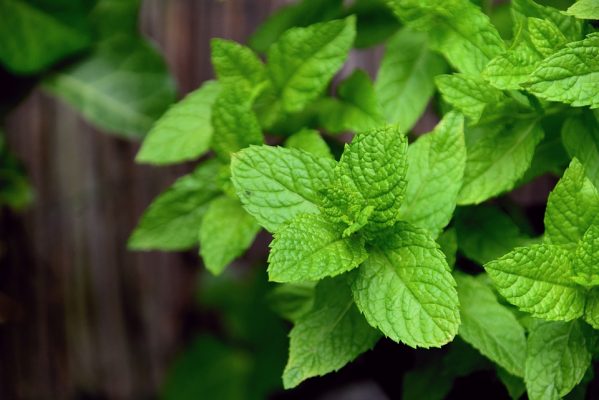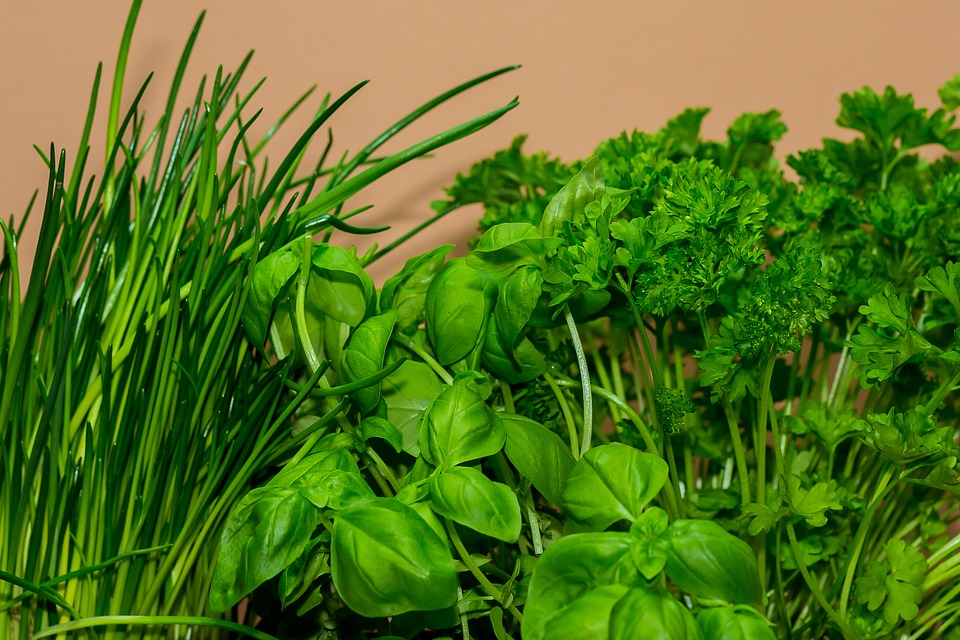The Garden Post
How To Start An Herb Garden
Herbs have a plethora of uses, from flavoring foods to making tea and creating potpourri. As a group, herbs are relatively easy to grow but there are a few tips and tricks to help you get started.
- Select Your Location – Most herbs prefer full sun and while some, like mint, can handle less light, aim for at least 6 hours of light per day. If you don’t have a garden bed that gets enough light, herbs do very well in raised beds and containers.
- Prep Your Location
- Garden Beds – Starting a garden bed requires the most prep work. Remove weeds and existing plants that will compete with your plants for water and nutrients. Test your soil to know about any soil issues such as pH (herbs prefer 6.0-7.0) ahead of planting. Till the soil, remove large pieces of debris and amend the soil with Lobster Compost.
- Raised Beds – When building a new raised bed, fill with Coast of Maine Raised Bed Mix. Top soil is too heavy and retains too much moisture for use in raised beds and containers. When refreshing an existing raised bed, add more Raised Bed Soil or Lobster Compost as needed.
- Containers – Select containers large enough for the plants you will be growing. Fill your containers with either Coast of Maine Potting Soil or Coast of Maine Raised Bed Mix.
- Pick Your Plants – Herbs can be started from seed or purchased already grown in a wide array of sizes (for our guide to seed starting, click here). Pick herbs you think you’re more likely to use. If you’re new to gardening, start with 3-4 plants and expand your garden as you feel more confident.
- Plant Your Herbs – Dig a shallow bowl to allow for root development. Loosen the roots as much as possible and set your plant in the hole, leaving the top portion of the root system exposed above the soil line (about half an inch). Back fill soil around the roots and water thoroughly
- Watering – Most herbs will need about an inch of water a week. Use a rain gauge to keep track of rainfall in your area and use a water wand or watering can to water deeply as needed. Herbs like Rosemary, Lavender, Oregano and Thyme prefer to dry lightly between waterings and will decline if overwatered.
- Fertilizing – Feed your herbs with an organic herb and vegetable fertilizer like Fox Farm All Purpose Fertilizer or Bonide Fish Emulsion to encourage root development, leaf growth and overall health. Read and follow the instructions on the fertilizer’s label.
- Insects and Disease – Insects and disease will happen, but daily monitoring of your plants and swift action when a problem is discovered will prevent small pest problems from becoming big problems. Bonide Neem Oil is an organic control that works on insects, mites and disease making it a must have for gardeners.
- Harvesting – Herbs can and should be continually harvested to encourage new growth and prevent the herb from flowering and producing seed.

Additional Tips
- The closer your herbs are to your kitchen, the more likely you are to use them.
- Avoid planting mint in garden beds or in containers with other plants as mint will take over a growing space. Plant mint in containers and hanging baskets by itself for best results.
- Many herbs, like lavender, rosemary, sage and mint, have pest and mosquito repellant properties.
- Herbs can be dried and frozen for future use. Click here for our guide to freezing and drying herbs.
- Click here for a rundown of common herbs and their uses.



